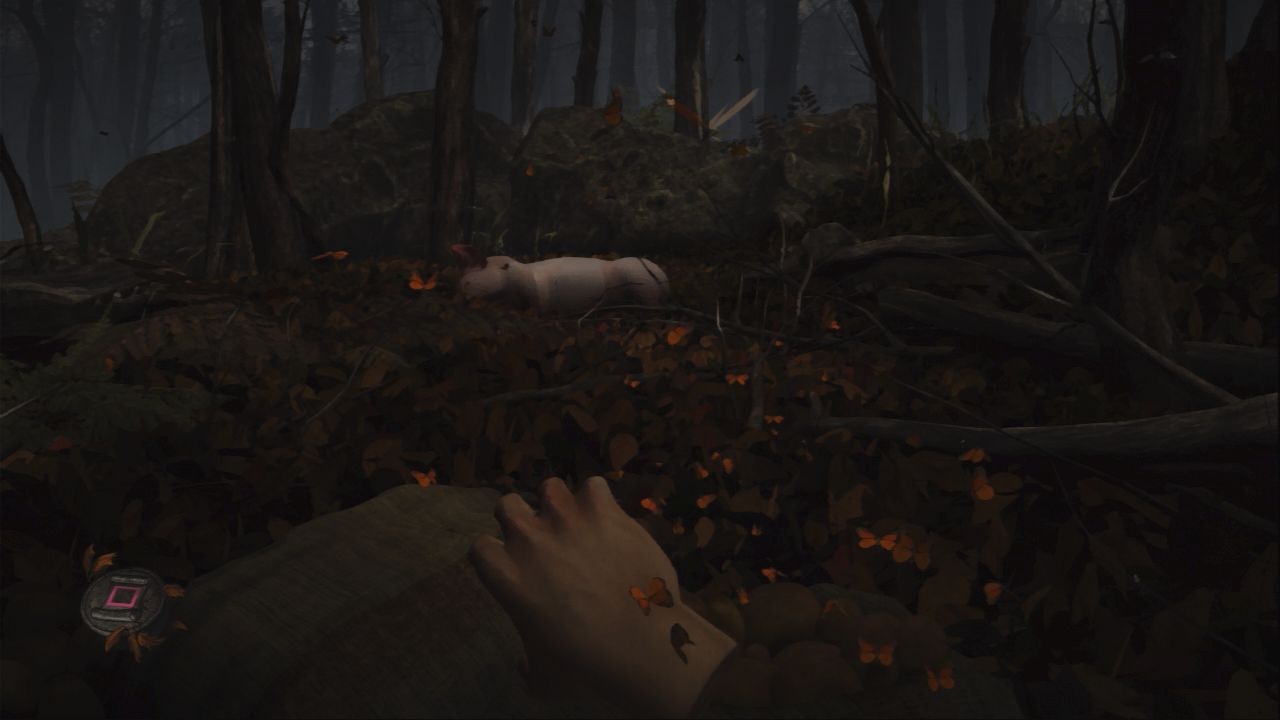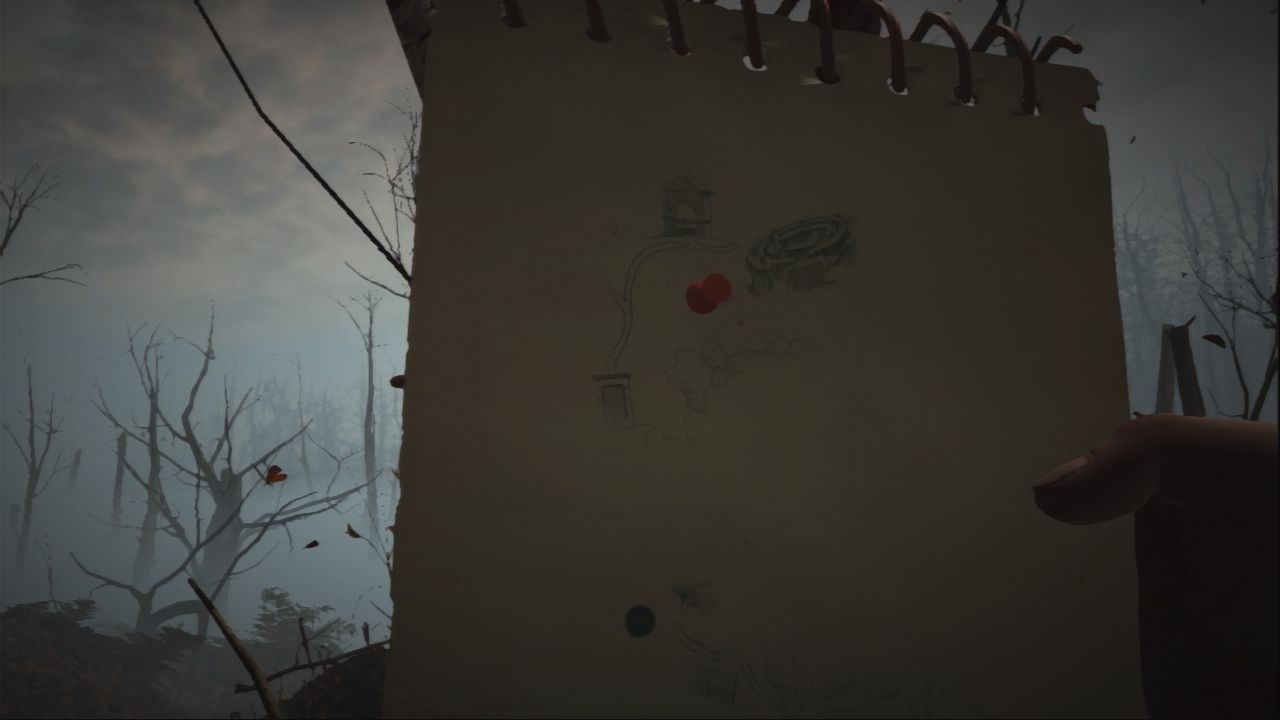There's a fine line between the artistically brilliant and the indecipherable. To walk that line is to risk turning a potentially great piece of work into an object of ridicule. And yet, that's a risk that developer Plastic has taken with the PlayStation Move-powered first-person adventure Datura. It's not so much a game as it is an interactive art piece, a psychedelic trip that hints at greatness but ends up trying too hard to be clever for its own good. There's no coherence to the story and no real challenge to be had, resulting in a short, if technically impressive, adventure that's more confusing than intriguing.
That adventure starts in an ambulance. There's no explanation as to why you're there; the sound of the siren and the hypnotic beeps of a heart monitor are your only clues. In front of you floats a disembodied hand that follows the motions of the Move controller with an eerie precision. That hand is your only way of interacting with the world around you. You can rotate it by rotating the controller, or reach out to touch objects by moving closer to the screen. The intuitive system also highlights objects that you can interact with by displaying an icon that lets you know to pull the trigger to grab an object or press triangle to inspect one.
The icon flashes as you hover your hand over cables attached to your chest. You grip them, and with a sharp tug on the controller you rip them out, causing you to black out and awaken in a forest. It's littered with autumnal dead leaves and many strange artefacts and buildings. Most of your time in Datura is spent exploring the forest, where you soak up the atmosphere, and listen to a foreboding orchestral score, all while trying to figure out exactly what it is you're doing there. You walk around by holding down the Move button and pointing where you want to go, and holding down X lets you spin around on the spot.
The forest is filled with various objects for you to interact with. An ancient tree trunk sports a mask that you can rip off, a fountain spouts water from the mouth of a stone fish, and a hazardous-looking wooden shack houses an air rifle and targets for you to shoot. The way you interact with each object varies, but all make great use of the Move's 1:1 tracking. You might have to turn the controller sideways and turn it to mimic a door handle, or move it up and down to smash objects with a crowbar. There are also white trees scattered throughout the forest that, when felt with your hand, fill in sections of a map on a notepad. Rather than bringing up a map screen to use it, though, holding down square cleverly places the pad in your hand, and you have to physically hold the Move controller out in front of you to read it.
Your interactions with objects form the bulk of your adventure. There are no real puzzles to solve, save for a few where you have to combine objects, and those are not at all taxing. It's all about the exploration, which would be fine if there were a decent narrative to drive it. Instead, each object you interact with results in a strange flashback to another place, where you might be driving a car, hacking through sheets of ice to save a person trapped underneath, or floating through a tunnel of swirling colours and ambient beats. There's no coherence to any of these events--it's all just a bit too out there to make any sense.
There's so little in the way of explanation that it's difficult to feel anything but completely confused. A clear attempt has been made to make the narrative open to interpretation, to provoke an emotional response by making you fill in the gaps, but it hasn't succeeded. There's nothing meaningful to interpret, just a bunch of random jaunts through someone's psyche.


